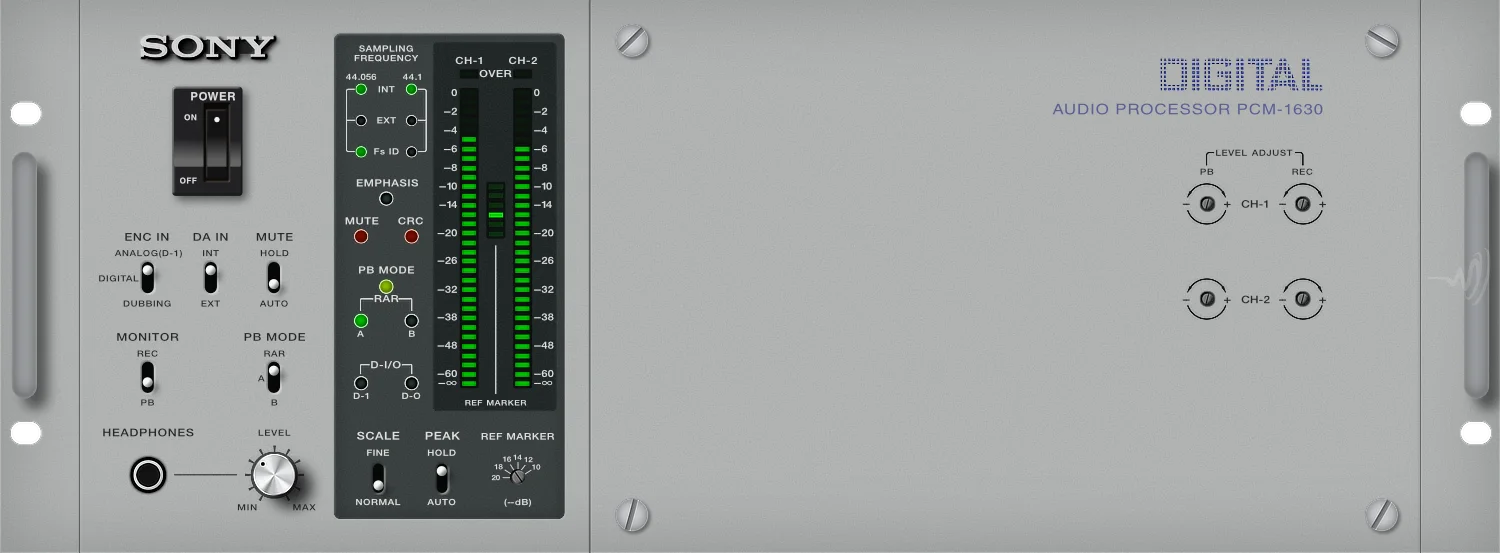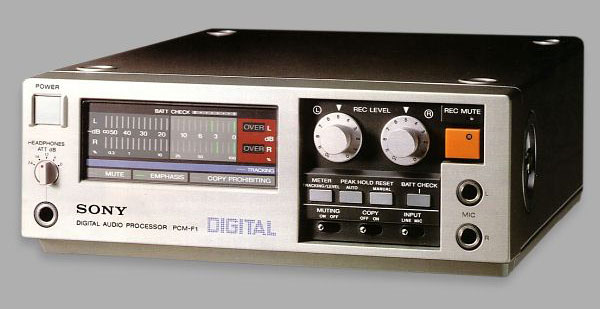restorer-john
Grand Contributor
I wonder about this. I've heard it for so long. That some early CDs were from a vinyl master. I'm not saying it never happened, but I think it must have been not the norm. I've not run across any early CDs that sound like it was for vinyl. At one time way back I got several friends together and we listened to RTR, CD and LP of the same recordings. RTR and CD were pretty much the same, and every LP was obviously different. We did it over time on three different home systems. Made us think the RTR and CD were from the same master. LP just was colored and couldn't match either of the others.
Exactly. It's a mostly oft-repeated internet myth. They seem to forget about RTR, broadcast RTR, cassette- all of which existed before CD. Cassette was the number one format prior to the introduction of CD, not LP.

